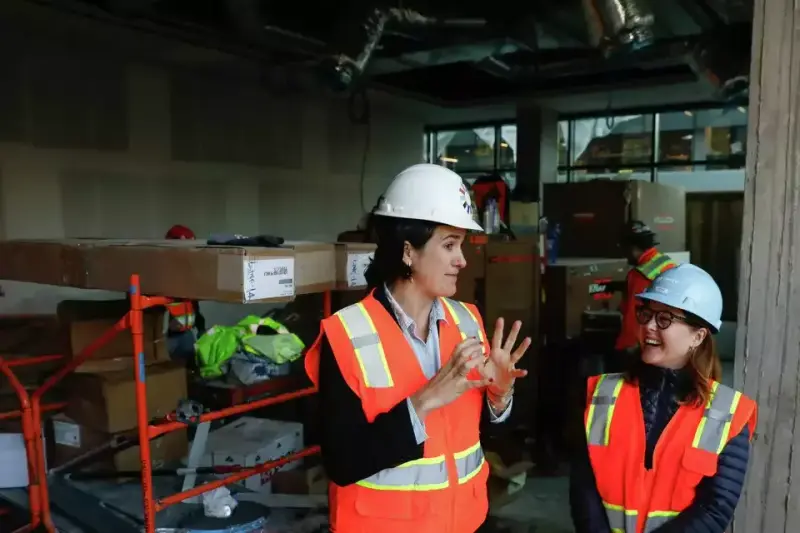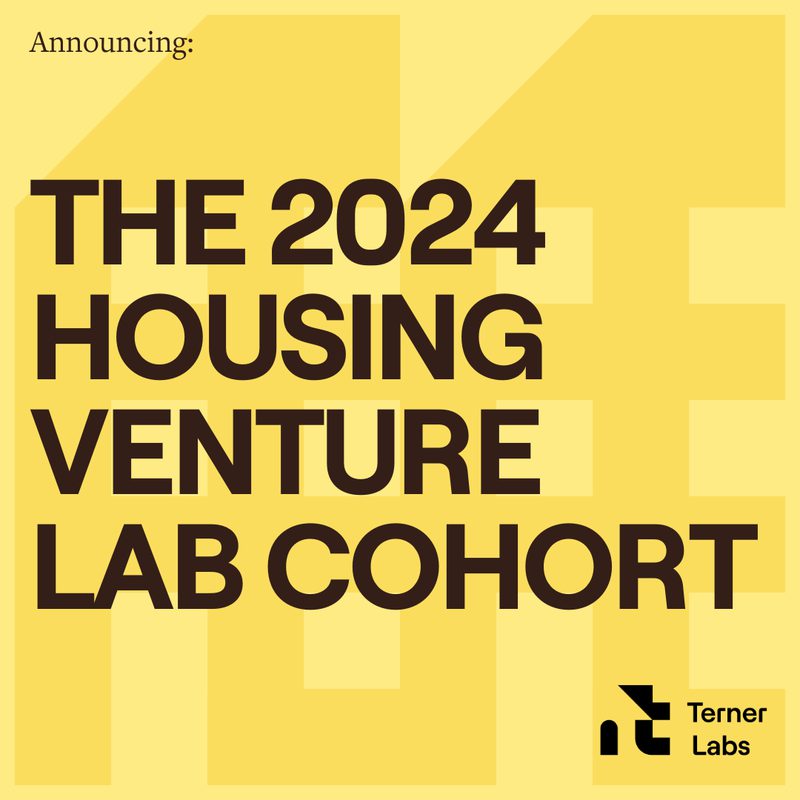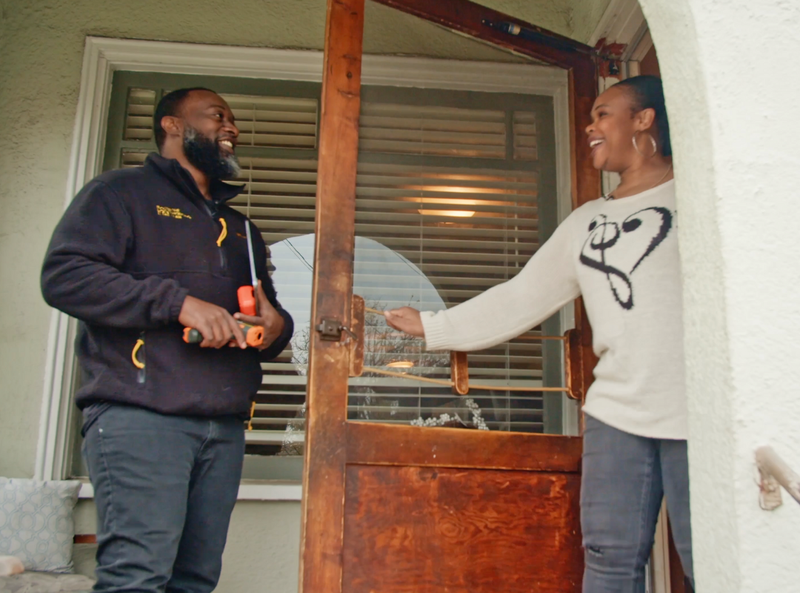A New Way of Life: Activating Communities to Welcome Women Home

Since 1998, A New Way of Life (ANWOL) has been supporting women, non-binary people and children within the movement to end mass incarceration and its devastating impact on families. The organization grew from personal experience: founder Susan Burton found herself in a cycle of incarceration, never able to get back on her feet, until she was able to access recovery services in an affluent neighborhood of Los Angeles. She founded ANWOL to bring the same level of resources to other women affected by poverty, over policing, and mass incarceration.
Housing is an especially difficult resource to access for people returning from incarceration. To meet this need, in 2018, ANWOL launched its Sisterhood Alliance for Freedom and Equality (SAFE) Housing Network. The national network program provides community programs around the world with training, technical assistance, and mentorship to establish safe homes and a stable reentry process for formerly incarcerated women.
ANWOL co-director Pamela Marshall says the SAFE Housing Network is part of a comprehensive vision for a housing landscape which meets the diverse needs of formerly incarcerated women, including “trauma-informed spaces, holistic services, community engagement, and policy reform to remove housing discrimination based on criminal records.”
Since the launch of the SAFE Housing Network, ANWOL has served 18 states with the program, providing nearly 300 people with access housing and many more with reentry services.
When ANWOL applied to join the 2023 Housing Venture Lab cohort, it was their unique strategy for approaching housing access which made the organization stand out. “What’s most innovative about A New Way of Life is the safe housing network they’ve created, where they’re working to buy houses or work with property owners to create safe places for women to live,” says Housing Venture Lab Director Kara Murray-Badal.
“Participation in the Housing Venture Lab has been instrumental in advancing our work by providing invaluable resources, mentorship, and networking opportunities to refine our strategies and scale our impact more effectively,” says Marshall. “It’s also helped us position ourselves as thought leaders in housing innovation for the formerly incarcerated women and LGBTQIIA+ communities.”


